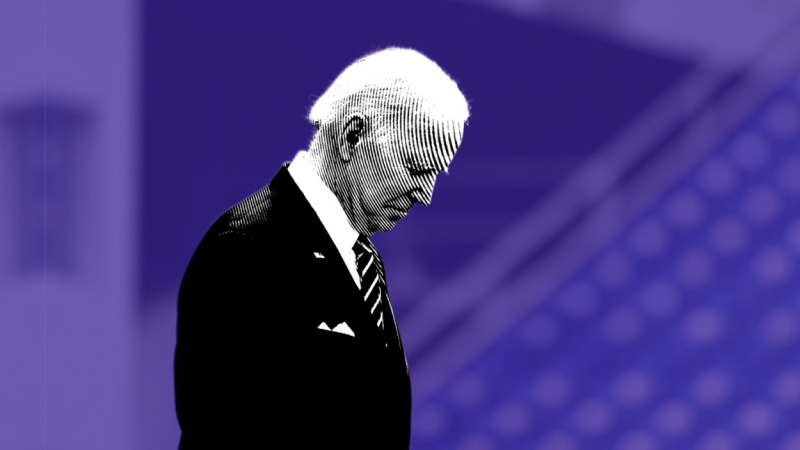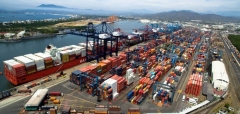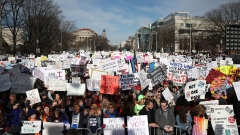Summit of the Americas fails
As part of the agreements signed on the last day of the Summit of the Americas, the Los Angeles Declaration on Migration and Protection was presented, focused on sharing responsibilities in managing the migratory flow.
In it, the United States commits to welcoming 20,000 refugees from Latin America in 2023 and 2024, as well as disbursing 314 million dollars in aid for migrants in the region. The government of President Joe Biden also offers to "increase" the reception of Haitian refugees, but does not give figures in this regard, and will grant 11,500 temporary work visas to citizens of Haiti and Central American countries.
Washington's offers could not be further from what is required to address the migratory phenomenon, and they are a perfect example of where the superpower's priorities lie: the amount of aid for migrants is less than one percent of what it will allocate in a single support package to continue the war actions in Ukraine, and the number of Latin American refugees to whom it will open its doors is a fifth of the Ukrainians it will receive. Equally brutal is the contrast between the scant admission of refugees and the human tide that seeks to integrate into American society to flee from violence, hunger or lack of opportunities: according to official data, 7,500 irregular migrants (mostly from Central America, but also from Cuba, Nicaragua, Venezuela and Haiti) try to cross the border with the United States on a daily basis; Only last April, 234,000 undocumented people were detained in the border strip, and more than 1.8 million migrants have been expelled in an expedited manner since then-President Donald Trump enacted Title 42 in March 2020, a provision that enables the authorities to deport without further formalities under the pretext of the covid pandemic.
Beyond once again evidence of the Biden administration's unwillingness to address the migratory drama in a realistic and humane manner, the frustrating insufficiency of the Los Angeles Declaration is characteristic of the results of a summit that cannot satisfy the no one. Even before it began, the meeting was marked by the decision of the White House to unilaterally exclude three countries whose governments are not of its affections, and by the determination of the leaders of Bolivia, Honduras and Mexico not to attend in protest at the veto. With this background, it developed between the claims of Latin American progressive leaders, such as the presidents of Argentina, Alberto Fernández, and Chile, Gabriel Boric, or the Mexican foreign minister, Marcelo Ebrard, to rebuild continental relations on democratic bases and respect for the national sovereignties, and Washington's stubbornness in its increasingly unsustainable claim to “guide” the way its neighbors conduct their internal affairs.
As Ebrard pointed out in his farewell address, it is necessary to leave behind the interventionist paradigm supported by the United States and launch a new stage in the relationship between the Americas, one in which unity responds to the present realities and to the feelings of the majority. of the nations. In this sense, it was unavoidable to reiterate the rejection of one of Washington's policies that generates the greatest discomfort in Latin America and in the world: the persistence of the illegal and inhumane blockade against Cuba, against which 29 of the 32 states that sent delegations to California this week. Only when Washington decides to listen to the clamor of its neighbors and adhere to legality in its ties with them can a Summit of the Americas be held with results and significance on a par with global circumstances.

Comments to this:








